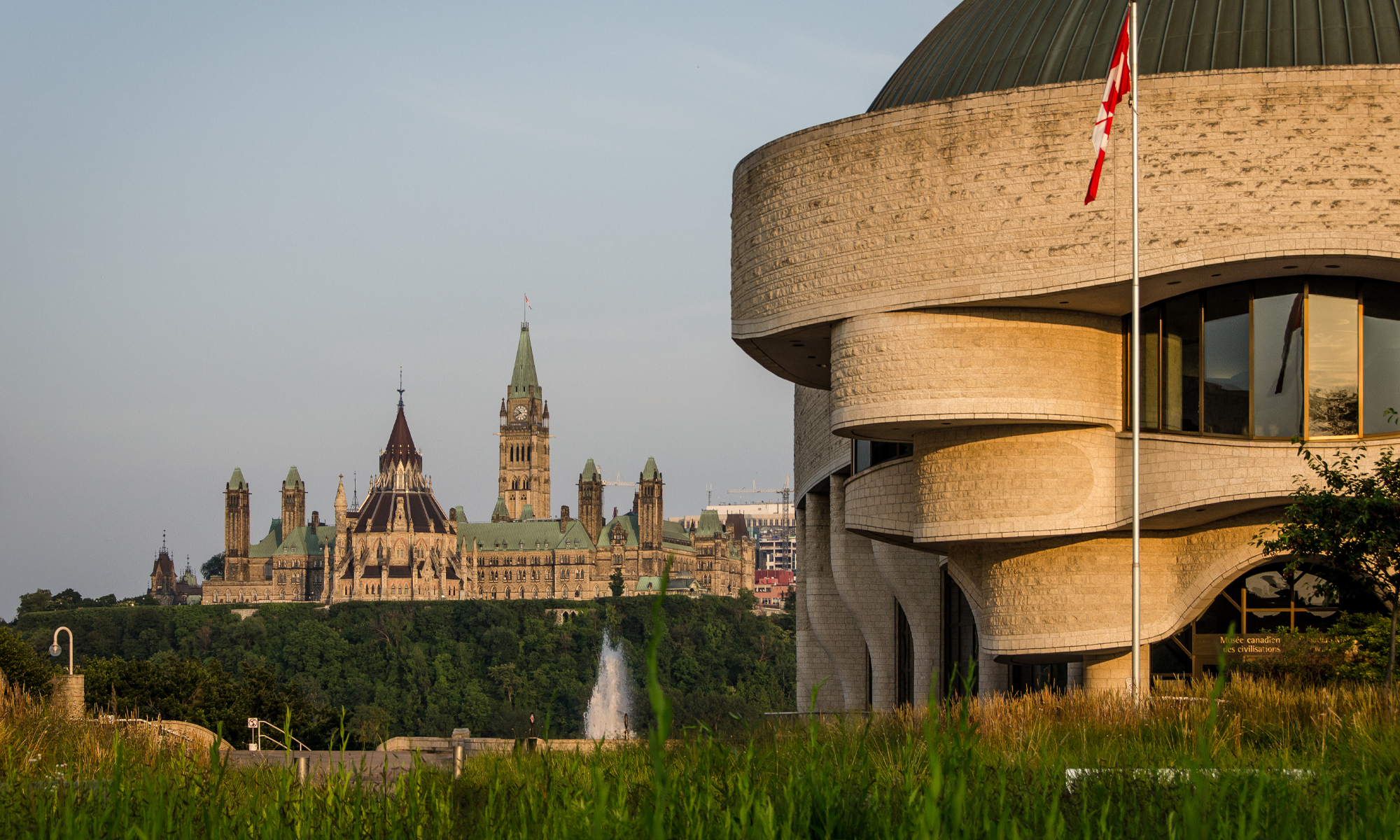 Unprovoked actions by Russian forces are a violation of Ukraine’s sovereignty and territorial integrity. We react emotionally to such aggression, as we would if our territory were violated.
Unprovoked actions by Russian forces are a violation of Ukraine’s sovereignty and territorial integrity. We react emotionally to such aggression, as we would if our territory were violated.
In this fluid situation, with much information and misinformation circulating — the fog of war — it’s not easy to know the true situation.
The Red Cross Canada has a Ukraine Humanitarian Crisis Appeal and the Government of Canada will match all eligible tax deductable donations—not exceeding $100,000—made by individual Canadians between February 24, 2022 and March 18, 2022, up to a maximum of $10 million.
On to genealogy.
I was pulled up short by Saturday morning’s OGS eWeekly stating that “Canada is home to the third-largest Ukrainian population in the world, largely responsible for early settlement of our Prairie provinces.”
I knew many Ukrainians settled on the Prairies. Were they”largely responsible for early settlement”?
A little Googling found an article Explainer: Why the Ukrainian diaspora settled in the Canadian Prairies in Pique news magazine out of Whistler, BC. It includes the “facts”
- In 2016, there were 1.36 million people in Canada that said they had Ukrainian ancestry (verified at StatsCan), about four percent of the population.
- Of those, almost 700,000 live in the three Prairie provinces (verified at StatsCan), where they make up around 11 percent of the population. (More than half are in Alberta)
- According to official sources, the first Ukrainian settlers to come to Canada were Ivan Pylypiw and Wasyl Eleniak in 1891.
That first Ukranian arrival was in the fall of 1891. The 1891 census showed a population of 67,000 in The Territories (the Prairies);48,000 Canadian-born; 12,000 UK and Ireland-born.
The Explainer states 150,000 immigrants came from the area of present-day Ukraine pre WW1. Data from the 1921 census show the majority came in the early 20th century just before the Great War.
So it’s stretching the truth a bit to claim Ukrainians were responsible for early settlement of our Prairie provinces.
Another 70,000 arrived post WW1; 34,000 between 1947 and 1954; 40,015 from 2001 to 2016. Those stats give a total Ukranian immigration to Canada of nearly 300,000.
The 1,36 million in 2016 is probably an underestimate. People who only have one quarter or one-eighth Ukranian ancestry. particularly those living away from Ukrainian settlement areas, may well not report it as an ethnicity.


Yes, about 1870, some of my paternal Irish Storey family went to Manitoba and are still there. They no longer had land to give to their sons in Carleton County, Ontario. Also, many from Ontario went West at harvest time for many years. Looking at census pages for 1906 for my mother’s Irish family, there were many Scots and Irish. Also, my sons’ family arrived in Sask. from England about 1885. I realize this is anecdotal, but…
To segue further, our deputy prime minister’s mother is from Ukraine.
Anne S.
The Humanitariancoalition.ca also has a Ukranian appeal. It is a coalition of about a dozen Canadian charities, some large (such as Oxfam, Care), some small (such as Canadian Foodgrains Bank, Islamic Relief Canada). They often have strengths in different areas. They pool their resources and share fundraising etc costs, and the donations go to the one(s) best able to use them. Very sensible.
My husband’s great grandparents immigrated to Canada in 1903 from Pylatkivtsi a town in Western Ukraine, with their 2 children. They arrived in Halifax and made their way overland mostly to Manitoba, eventually taking up farming in the Horod area just south of Riding Mountain National Park in west central Manitoba. They had 7 more children, including my huband’s grandmother. On the Ships Passenger List they are identified as Austrian. In the 1916 Census they identified as Polish. There is a beautiful monument north of the town of Oakburn MB. Here is a description from the Historic Sites of Manitoba website: “In May 1899, a group of Slavic settlers in what is now the Municipality of Rossburn were camped at this site. They were stricken with scarlet fever and 42 children and three adults died. They were buried here in a mass grave. A stone monument erected at the site by the Parkland Ukrainian Pioneer Association gives their names. It was designated as a municipal historic site in 1990.”
Grandma never got to go to school. She spoke Ukrainian but could not read or write. As the grandkids arrived, she learned some English and could make herself understood in broken English. But most of the history has been lost which is so sad.
Hello Ms Bradley, very nice to come across the familiar story of your husbands great grand parents. I grew up north of Olha, Manitoba, with the recent world events my family and I are trying to track down relatives in Ukraine. My grandmother and her parents arrived to the area in 1911. We recently came across letters written to my Dad from a cousin from that same village of Pylatkivtsi from about 25 years ago. We are struggling to translate the address and proper spelling of her name. If you have any information on that village or if you are in contact with family from that village perhaps you might be willing to direct me in the right direction. Thank you!
I am Janet D. Thomson, vice president of the Great Falls (MT: USA) Genealogy Society. I am asking for permission to use this particular post in our Great Falls Genealogy Society Newsletter; we have many people in our area who are of Canadian heritage, and I know this posting would really interest them.